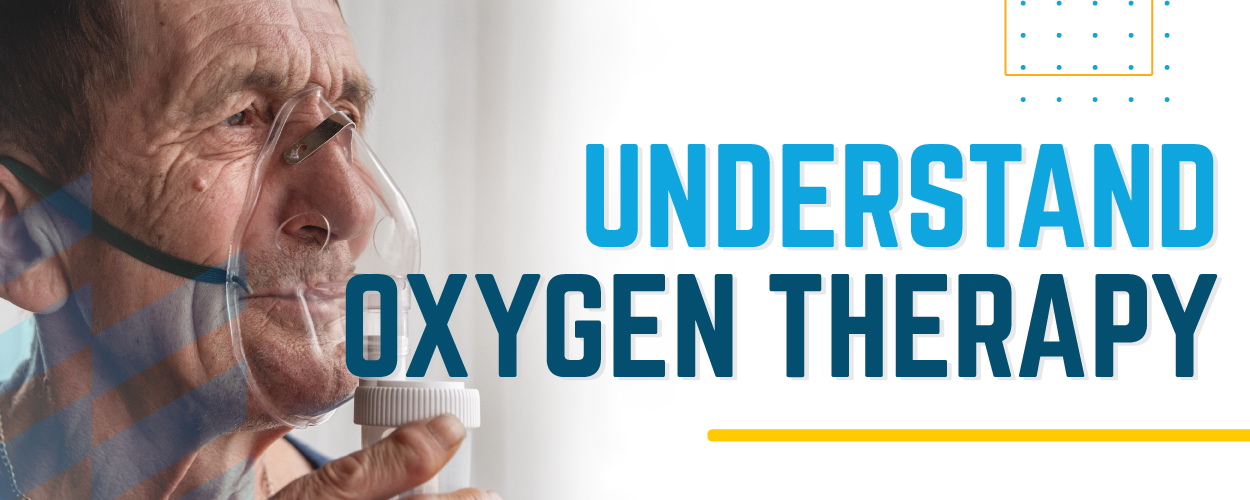Oxygen, an essential element for life, plays a crucial role in maintaining the proper functioning of our bodies. Every cell needs oxygen to produce energy, and our lungs serve as the gateway for this life-sustaining gas. In this blog post, we’ll delve into the world of oxygen and its therapeutic applications, particularly focusing on oxygen therapy and Hyperbaric Oxygen Therapy (HBOT).
What is Oxygen Therapy?
Oxygen therapy, also known as supplemental oxygen, is a prescribed treatment providing extra oxygen for those with low blood oxygen levels. Administered in hospitals, medical settings, or even at home, this therapy can be short-term or long-term, depending on the individual’s needs. Devices like oxygen concentrators or tanks deliver oxygen through a nose tube, mask, or tent, facilitating easier movement with portable versions.
Who Needs Oxygen Therapy?
Individuals with conditions causing low blood oxygen, such as COPD, pneumonia, COVID-19, severe asthma attacks, late-stage heart failure, cystic fibrosis, and sleep apnea, may require oxygen therapy. Understanding the conditions that necessitate this treatment is crucial for early intervention and improved quality of life.
While generally safe, oxygen therapy may have side effects, including a dry or bloody nose, fatigue, and morning headaches. Additionally, precautions must be taken to avoid fire risks associated with oxygen use, emphasizing the importance of responsible usage and adherence to safety guidelines.
Hyperbaric Oxygen Therapy (HBOT):
HBOT is a unique form of oxygen therapy involving breathing oxygen in a pressurized chamber or tube. This method allows the lungs to absorb up to three times more oxygen than under normal air pressure, aiding in the treatment of serious wounds, burns, injuries, and infections. Consultation with healthcare providers is crucial due to potential risks associated with HBOT.
As we explore the crucial role of oxygen in our bodies and the therapeutic interventions like oxygen therapy and Hyperbaric Oxygen Therapy (HBOT), it’s imperative to acknowledge the invaluable work of organizations like TB Vets.
We play a pivotal role in providing resources, equipment, and support to healthcare facilities, ensuring that individuals facing respiratory challenges have access to the advancements in medical care. By contributing to TB Vets, you become an essential part of a community-driven initiative that seeks to enhance the quality of life for those affected by respiratory conditions.
